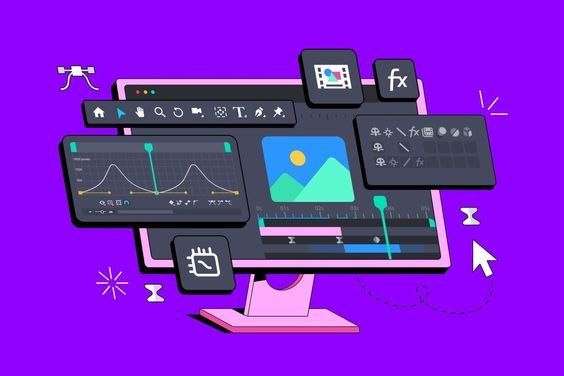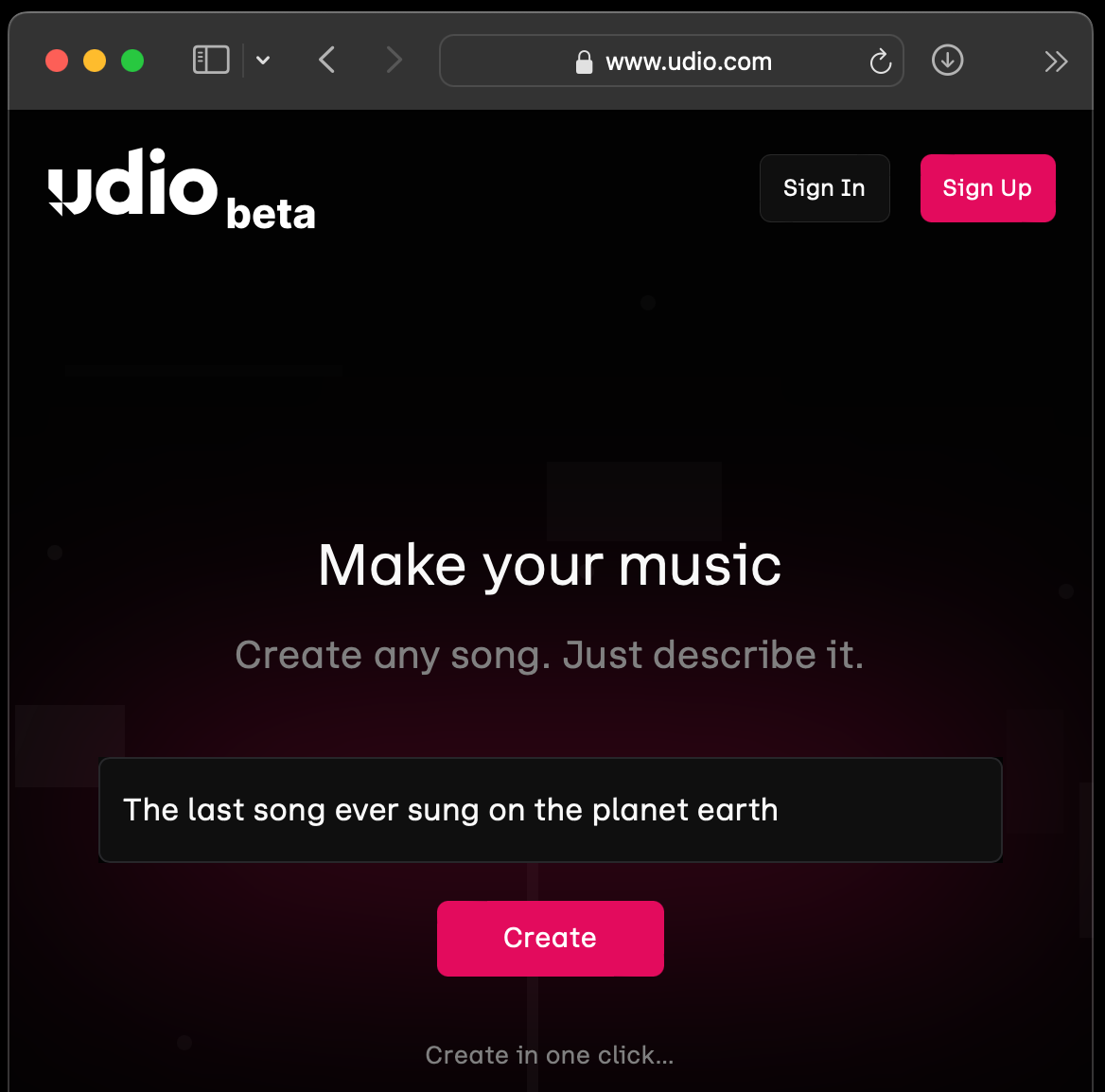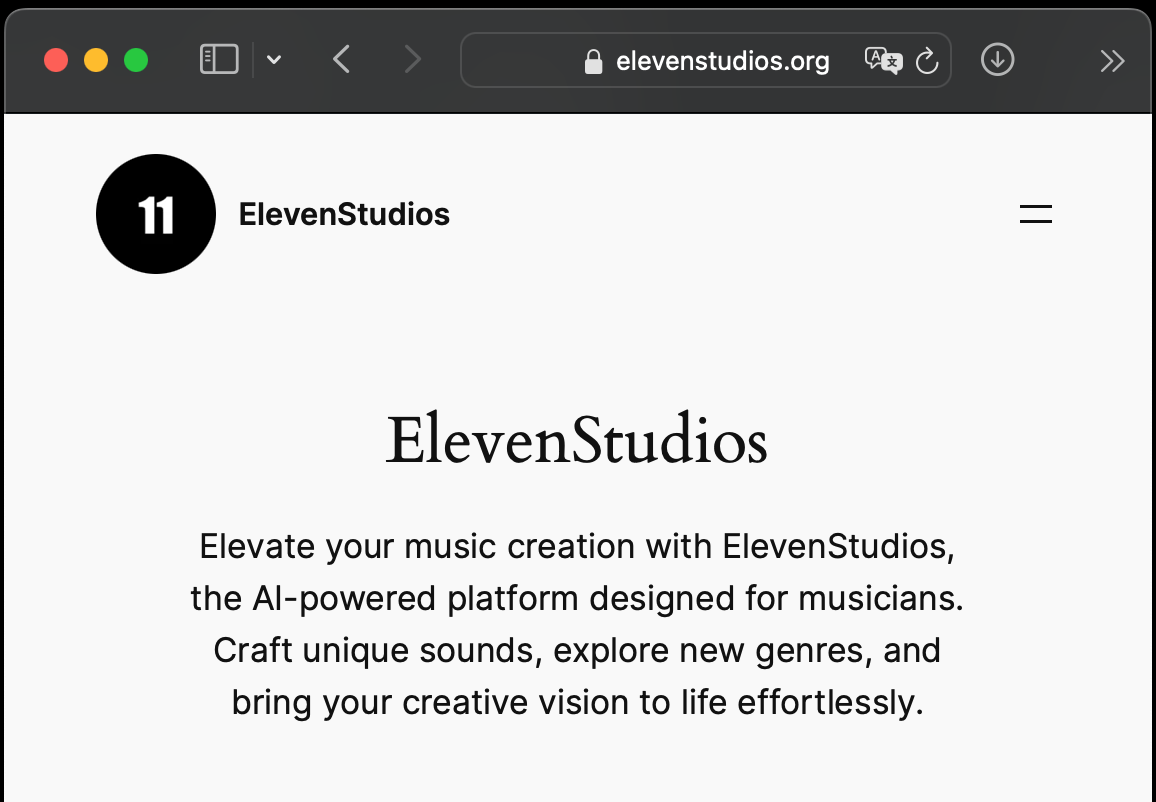The realm of music creation has been profoundly transformed by the advent of AI audio generators. These sophisticated tools use advanced machine learning techniques to produce music that can mimic the style of existing artists, generate entirely new compositions, and even create soundscapes tailored to specific moods or themes. But how exactly do these AI audio generators work? Let’s delve into the technical aspects behind these innovative tools.
The Technical Foundation of AI Music Generation
At the core of AI audio generators lies deep learning, a subset of machine learning that is particularly adept at recognizing patterns in large datasets. In the context of music generation, these patterns may include melody, harmony, rhythm, and even the timbre of different instruments. The most commonly used model for music generation is the Recurrent Neural Network (RNN), particularly Long Short-Term Memory (LSTM) networks, which excel at handling sequential data like music.
- Data Collection and Preprocessing: The first step in AI music generation is collecting a massive dataset of musical compositions. This data is then preprocessed to ensure it is in a format that the AI can understand. Preprocessing typically involves converting audio files into a series of numerical values that represent different musical elements, such as pitch, tempo, and dynamics.
- Training the Model: Once the data is prepared, it is used to train the AI model. During training, the model learns to recognize patterns and relationships between different musical elements. This process can take a considerable amount of time and computational resources, especially when dealing with complex compositions. The model is typically trained using a supervised learning approach, where it is given input data (e.g., a sequence of notes) and output data (e.g., the next note in the sequence), and it learns to predict the output based on the input.
- Generating Music: After training, the AI model can generate new music by predicting the next notes or sequences based on a given input or seed. This seed could be a short melody, a chord progression, or even just a set of parameters defining the desired mood or style. The model uses the patterns it learned during training to create new compositions that sound coherent and musically pleasing.
- Post-Processing: The raw output from the AI model often requires post-processing to enhance its musicality. This step might involve adjusting the timing, adding effects, or even combining multiple AI-generated tracks to create a richer sound. The goal is to produce music that is not only technically correct but also emotionally engaging.
Popular AI Audio Generation Tools
Several AI tools have emerged as leaders in the field of music generation, each offering unique features and capabilities.
- Suno: Suno is an AI-powered music creation platform that allows users to generate custom music tracks by providing text-based inputs. The platform leverages generative models trained on diverse music genres, enabling users to create anything from simple melodies to complex arrangements.
- Udio: Udio focuses on simplifying the music creation process for non-musicians. The tool uses AI to automatically generate background music for videos, podcasts, and other multimedia projects. Users can select the mood, genre, and length, and Udio handles the rest, producing high-quality music that fits their needs.
- ElevenStudios: ElevenStudios is an AI platform designed specifically for music creators. It offers a range of AI-driven tools for composing, arranging, and producing music. What sets ElevenStudios apart is its ability to integrate with existing digital audio workstations (DAWs), allowing musicians to seamlessly incorporate AI-generated elements into their projects.
The Future of AI in Music
As AI continues to evolve, its impact on music creation will likely expand. AI Platforms offering more powerful tools for artists and creators each day. While some may argue that AI-generated music lacks the emotional depth of human-composed music, there is no denying the convenience, creativity, and potential it brings to the table. Whether you’re a seasoned musician or a hobbyist, AI audio generators offer exciting possibilities for the future of music.
AI audio generators have ushered in a new era of music creation, blending technology and artistry in ways that were once unimaginable. By understanding the technical foundations of these tools and exploring popular platforms like Suno, Udio, and ElevenStudios, we can better appreciate the innovation driving this exciting field. As AI continues to advance, the boundaries of what is possible in music will only continue to expand.
Read related articles in our Blog.



